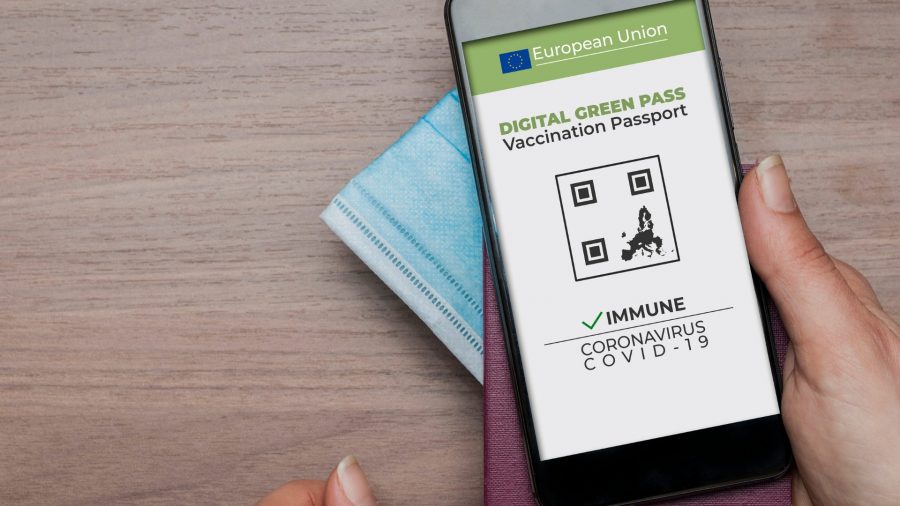Grocers are continuing to make developments in their e-commerce sectors to entice consumers during the pandemic.
Target
Target Corp. has weathered the pandemic through surging e-commerce sales, which reached levels it did not plan to hit for three years with a 141% increase, reported The Wall Street Journal (Aug. 10).
Digital sales accelerated through the quarter, rising 282% in April alone with more than five million customers shopping at Target.com for the first time. Target said that it wasn’t planning to reach these digital sales levels until three years from now.
The company has been helping meet consumer needs from everything ranging from pantry foods to baby clothes during the pandemic. This is something that will help cement relationships with customers for years and to take share from rivals who were less adept.
Target’s model of shipping goods directly from its retail outlets also paid off. Store employees were able to quickly pivot to fulfilling orders. About 80% of digital sales were fulfilled from stores during the quarter.
Some worry this model could become a weakness in the future if Target eventually needs to start investing more in warehouses and logistics. However, Barclays analyst Karen Short believes Target has plenty of runway left on its existing model by making more efficient use of its retail network. Short estimates that this year Target will generate $341 of revenue per square foot of retail space, compared with $510 for Walmart.
Walmart
Walmart partnered with Instacart for same day delivery in the U.S. in an effort to compete against Amazon and Whole Foods, reported CNBC (Aug. 11).
The partnership is currently in a pilot phase in four markets across California and in Oklahoma. “Today, we welcomed Walmart to the Instacart marketplace for the first time in the U.S. Instacart now delivers from Walmart locations in three California markets—Los Angeles, San Francisco, and San Diego—as well as Tulsa, Oklahoma,” an Instacart spokesperson said in a statement. “The new partnership brings thousands of items—from groceries, alcohol, and pantry staples to home decor and improvement, personal care, electronics, and more—at everyday low prices from Walmart stores to customers’ doors in as fast as an hour.”
By offering quick delivery, Walmart has a stronger position against Amazon, which offers grocery delivery services Amazon Fresh and Amazon Prime Now from its own warehouses and Whole Foods stores. Instacart already partners with or delivers goods from Aldi, Target, Costco, Albertsons, Kroger, and Walmart’s Sam’s Club, along with smaller grocers and drug stores.
Kroger
The Kroger Co. partnered with Mirakl to allow for third-party sellers to leverage Kroger Ship.
“Our customers are increasingly turning to our e-commerce solutions provided at Kroger.com for their grocery and household essential needs. To better serve our customers, we’re continuing to invest in technology that enables us to expand our digital services to deliver anything, anytime, anywhere,” said Jody Kalmbach, Kroger’s group VP of product experience. “Leveraging Mirakl’s best-in-class marketplace solution, we are broadening Kroger’s ship-to-home capabilities by offering more relevant products for our customers through exciting new partnerships with reputable third-party sellers.”
Kroger Ship will offer customers an extended aisle of products made available through marketplace partners. Initially, more than 50,000 additional items will be available to customers across multiple categories, including natural and organic, international food, specialty items, and housewares.
“As part of our continuing transformation, we look forward to accelerating the development of our e-commerce platform and providing our customers with even more choices,” said Stuart Aitken, Kroger’s SVP and chief merchant and marketing officer.
Over the past two and a half years, the grocer’s strategic investments in e-commerce technology and channels under Restock Kroger positioned it to more effectively respond to the increased demand of delivery, pickup, and ship-to-home orders during the pandemic.
Kroger’s marketplace products are expected to launch this fall.
GrubMarket
Farm-to-table e-commerce grocer GrubMarket recently acquired protein producer Grand Food—provider of custom cuts of meat to grocery store chains, restaurants, online grocers, and protein wholesalers.
Grand Food has built deep relationships with protein production facilities in California, the Midwest, and in Europe. Following the acquisition, GrubMarket will become a major protein provider in the Bay Area.
The protein producer has a state-of-the art processing facility that customizes cuts and sizes of meat based on customers’ specifications.
Grand Food will now be able to utilize GrubMarket’s WholesaleWare software suite, the company’s software-as-a-service platform providing food industry suppliers and vendors with seamless financial management, easy-to-use online ordering and sales, inventory management, and CRM tools.












